The 13th Annual Postgraduate Research Conference, hosted by the Doctoral College.
Hayden Scott-Pratt (PhD, FST) and Sigrid Osborne (MRes, FST) with this poster entitled: Unlikely allies: Combining archaeobotanical and metallurgical material in archaeological research. An example from the Iron Age settlement at Hengistbury Head.
Click the poster below to enlarge.
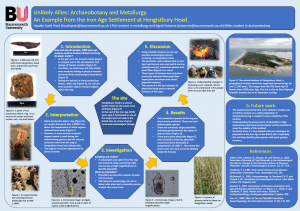
How can an investigation of plant material inclusions in metallurgical waste inform on the use of furnaces in the Iron Age at Hengistbury Head? This poster presents a novel approach to studying ancient metal production practices. It focuses on a case study of material excavated from the Iron Age settlement at Hengistbury Head, Dorset. It shows how using the field of botany can support interpretations on a prehistoric metal production process. On investigating the metallurgical slag recovered at Hengistbury Head an unusual macroscopic inclusion deemed to be plant material was discovered. A sample of the slag with the plant inclusion was investigated looking for phytoliths, microscopic plant remains. Investigating smelting parameters and furnace construction in antiquity is fraught with difficulty. Previously the packing of a furnace with organic matter has been inferred from occasional plant imprints. The phytolith analysis proved that the slag contained microscopic and macroscopic plant remains. This is new evidence and alters the interpretation of how Iron Age furnaces on Hengistbury Head may have been constructed.
You can view the full poster exhibition and pre-recorded presentations on the conference webpage.
If this research has inspired you and you’d like to explore applying for a research degree please visit the postgraduate research web pages or contact the Doctoral College dedicated admissions team.
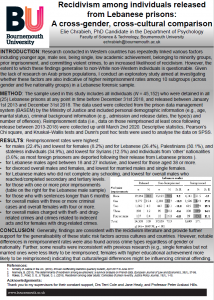
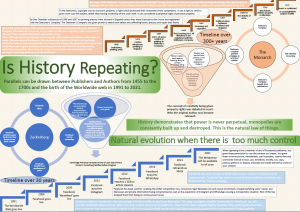
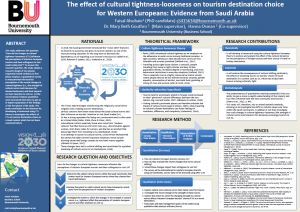
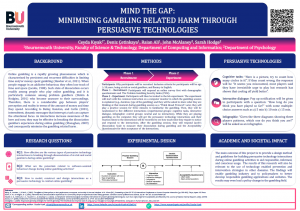
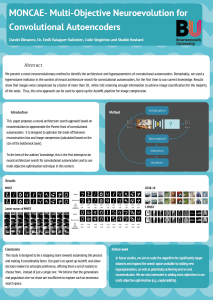
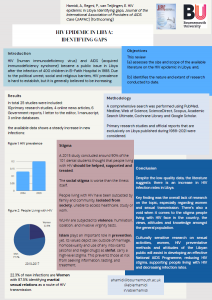
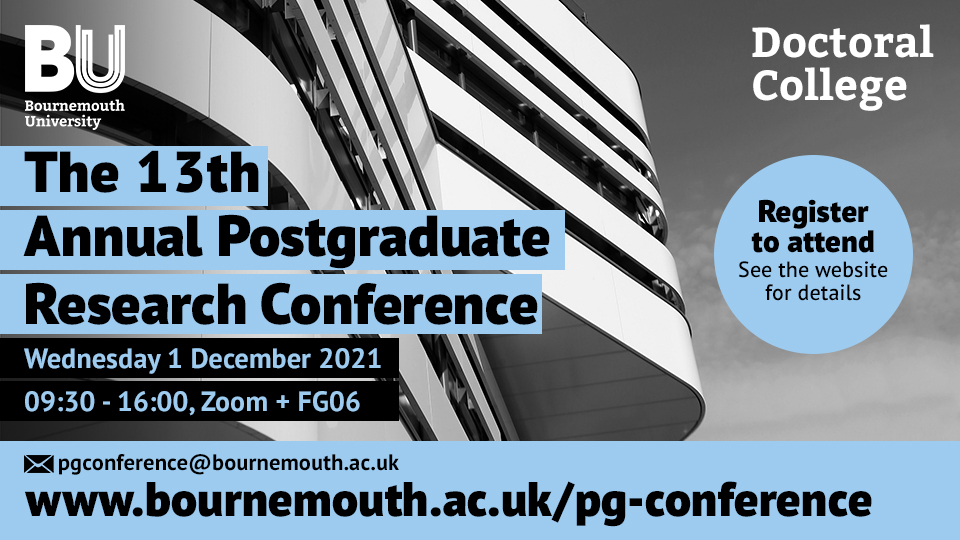
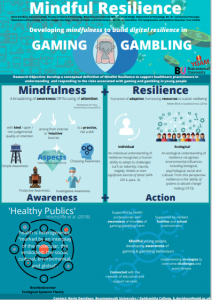
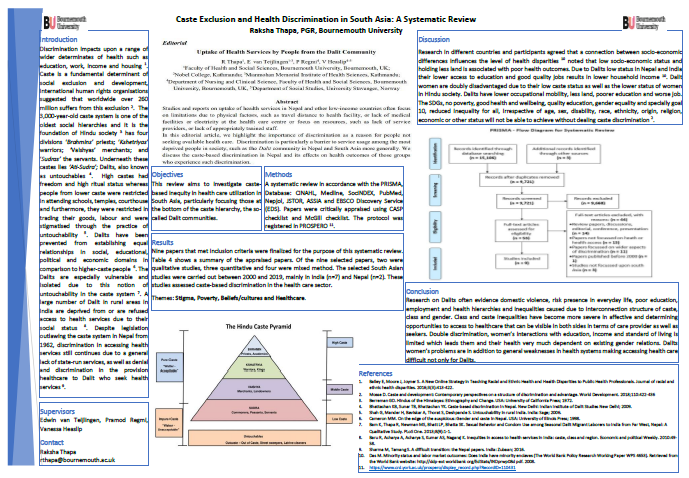
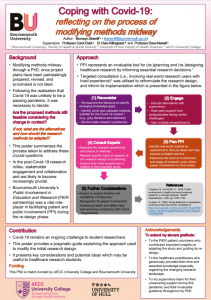
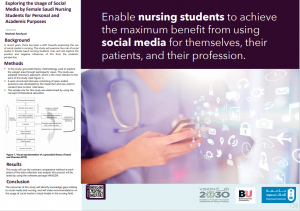
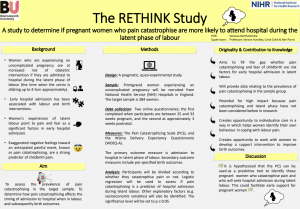
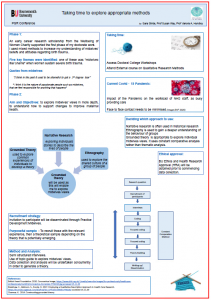
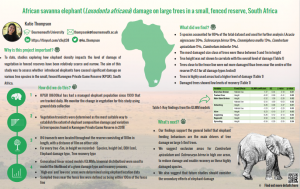
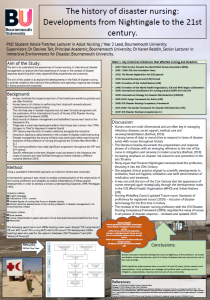
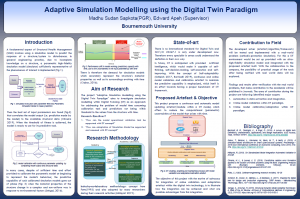
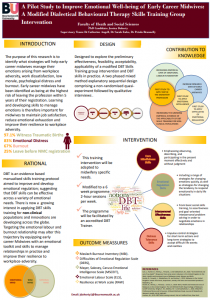











 Expand Your Impact: Collaboration and Networking Workshops for Researchers
Expand Your Impact: Collaboration and Networking Workshops for Researchers Visiting Prof. Sujan Marahatta presenting at BU
Visiting Prof. Sujan Marahatta presenting at BU 3C Event: Research Culture, Community & Can you Guess Who? Thursday 26 March 1-2pm
3C Event: Research Culture, Community & Can you Guess Who? Thursday 26 March 1-2pm UKCGE Recognised Research Supervision Programme: Deadline Approaching
UKCGE Recognised Research Supervision Programme: Deadline Approaching ECR Funding Open Call: Research Culture & Community Grant – Apply now
ECR Funding Open Call: Research Culture & Community Grant – Apply now ECR Funding Open Call: Research Culture & Community Grant – Application Deadline Friday 12 December
ECR Funding Open Call: Research Culture & Community Grant – Application Deadline Friday 12 December MSCA Postdoctoral Fellowships 2025 Call
MSCA Postdoctoral Fellowships 2025 Call ERC Advanced Grant 2025 Webinar
ERC Advanced Grant 2025 Webinar Update on UKRO services
Update on UKRO services European research project exploring use of ‘virtual twins’ to better manage metabolic associated fatty liver disease
European research project exploring use of ‘virtual twins’ to better manage metabolic associated fatty liver disease